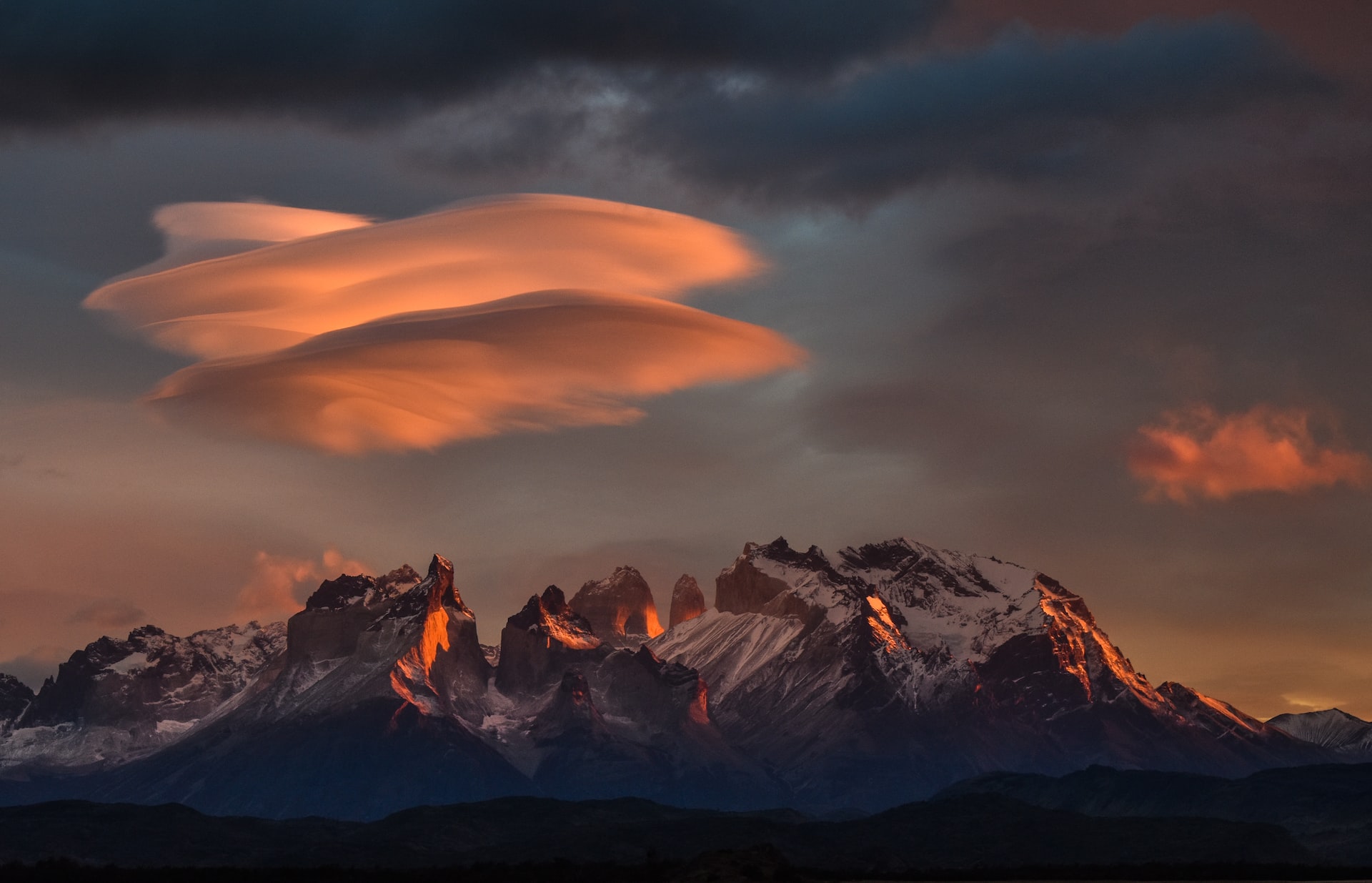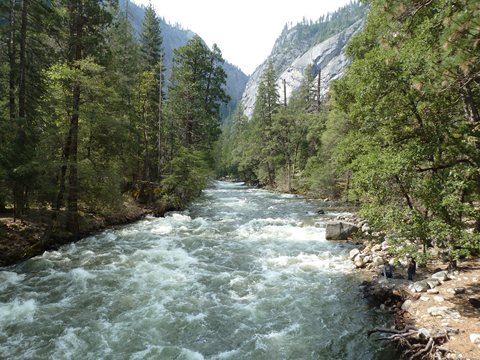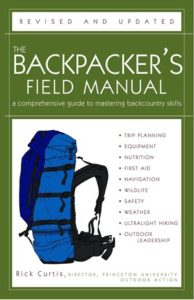GREENFIRE
I was watching Jim Cramer of “Mad Money” on CNBC last night and his analysis of the economic crisis was striking. He said that we ought to be prepared for 2-4 years of severe recession with high unemployment and significant reductions in flexible income combined with increases in daily cost of living. He went on to say that any business or industry that relies on what would be considered “non-essential” services or “value added” products should expect a severe and extended income shortfall in the coming months. This is the same guy who, by the way, predicted the current credit crisis back in April of this year so his advice stands on a pretty solid track record. What does this mean for those of us working in the outdoor education industry? The future looks unsettled at best.
Cramer’s advice to all? Have a “Plan B.” It seems likely that as companies look to cut the fat from budgets, the first thing to go will be the training and development line item. This means adventure companies and challenge courses that rely on corporate clients may be in for a very rough ride in the next 2-4 years. In addition, outdoor programs (summer camps, colleges/universities) may also be affected as parents grow increasingly wary of “extra” out-of-pocket expenses. “Cocooning” is a new trend as people spend less time travelling and doing activities outside the home and more time on less expensive activities locally or within the home itself. Degree programs may be affected as well as students choose more “marketable” and financially safe career options that have a better chance at employment in an economic downturn. While it is true that during recessions more folks go back to school, it is less clear that those returning to school choose “lifestyle” degrees over more vocationally oriented ones.
All this is to say that we better be prepared. A long standing maxim of the outdoor field is to plan for worst case scenarios. Has your program or organization spent time planning worst case scenarios for the next five years? Are you over dependent on program revenue from more “flashy” offerings? Do you have a staffing reduction plan that is fair and equitable? Have you closely examined where you can “cut the fat” out of operating budgets? Are there creative programming solutions that can capitalize on the coming trends (cocooning, localism, etc.)?
I have no doubt about the value and worth of outdoor education long term. Through our courses and programs we teach many of the values that will become essential in the current economic climate: self sufficiency, simplicity, learning to live with less, compassion, interdependence, and dealing with hardship. But that does not mean we are not vulnerable to current market forces. Now is the time to think about our “Plan B’s.”


